
views
BANGALORE: On the lines of some non-government organisations engaged in providing pure drinking water through water vending machines in drought-hit areas of north Karnataka, local bodies can take up a similar exercise in the slums of Bangalore. They can try it on experimental basis in select slums to find out whether it is feasible to implement such a project on a big scale here.According to a survey conducted by Karnataka Slum Clearance Board (KSCB), 35.50 lakh people are living in 2,511 slums in the state. Bangalore alone has 542 slums. Only 180 of them are said to have water connections, according to BWSSB officials. According to experts, an initiative like water vending machines is less feasible in slums as they believe charging money and managing the units will be a costly affair.V P Ikkeri, Commissioner of Karnataka Slum Development Board (KSDB) said such an option will be looked at, if feasible. “We are initiating similar programmes at a cost of Rs 10 lakh per unit in the northern districts. At present, the priority areas are in Gulbarga, Raichur and Dharwad districts where people have limited access to water. But such units are being tested in Laggere slum in Bangalore, and if it gets a positive response, we will look at such option,” he added.However, Issac Arul Selva, founder member for People’s Campaign For Right to Water (PCRW), felt that it is people’s basic right to demand drinking water and it is not proper on the part of the government to demand money. Meanwhile, T Venkatraju, Engineer-in-Chief, BWSSB, said, there is no acute scarcity of water in the city. “If the government frames and implements guidelines on tapping groundwater, the feasibility of such projects have be to studied. “People in slums are not ready to pay even Rs 50 per month for water. In such a scenario, it would not be ideal to fix charges. However, if the government subsidises such schemes or BBMP takes up the initiative to maintain the unit, it can be suggested.”










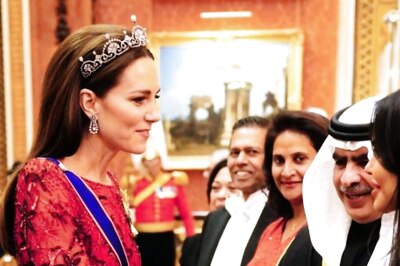

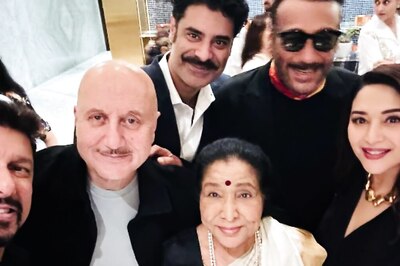
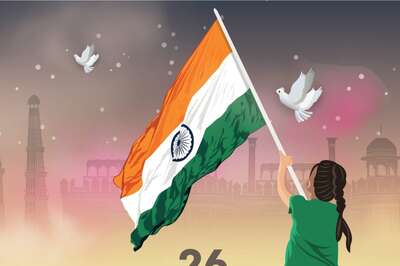
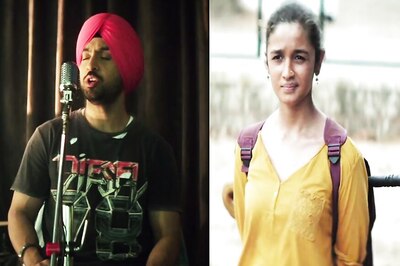


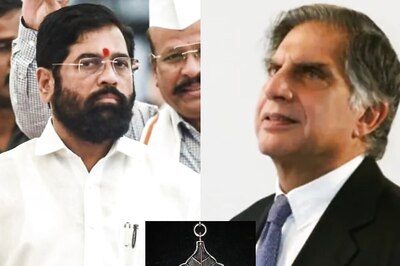
Comments
0 comment